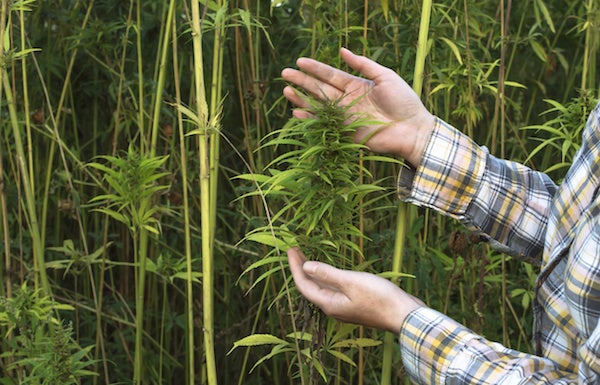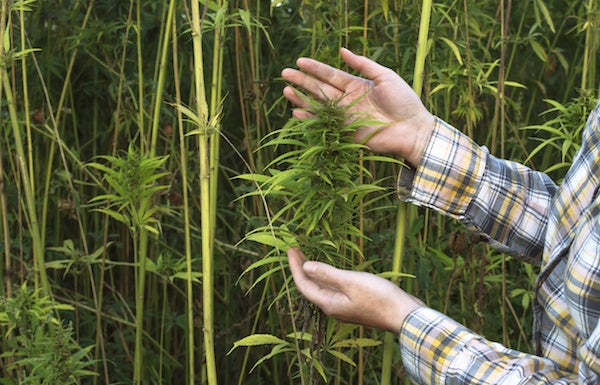Blog, Buy Weed Online, Educational
What are the environmental benefits of hemp?
As an avid marijuana enthusiast, you likely take pride in your knowledge about cannabis strains when you buy weed online, however, how in-depth is your understanding when it comes to the process of hemp production and the environmental benefits it can offer? In fact, while hemp is taken from the same glorious plant, Cannabis Sativa, it has also been used throughout history as a source of medicine, industrial fiber and food. So, with such a vast amount of different uses hemp actually has the ability to promote a more sustainable world. Here’s how.
Minimal deforestation
If we want to save earth’s delicate ecosystems, we need to stop the overwhelming destruction of large forests. Not only does deforestation threaten endangers species, but it also removes the natural ability to absorb carbon dioxide from the air and has the power to trigger natural disasters such as landslides or erosion. This is why our generation needs to collectively find an alternative resource to use in the commercial sector. That being said, hemp production is not a new concept. The reality is that it has existed for centuries aiding people with the manufacturing of paper products, clothing and wood-like building materials. Since trees take roughly 20 to 50 years after planting before they are ready to be harvested for commercial use, hemp production could be stepped up, as it vastly grows to 20 feet tall in a matter of four months. The best part is that hemp is able to flourish on most farmlands in relatively any type of weather conditions, whereas trees require large tracts of land. So, it’s easy to see how substituting hemp in place of trees would help save the forests and wildlife habitats all across the world!
Not as pollutive
When trees are logged, processed and manufactured to be sold as furniture, housing materials or paper, all of these products must first be chemically treated to ensure durability and sustainability in the long term. Although, when it comes to hemp, fewer caustic and toxic chemicals need to be used because the plant has its own natural ability to repel weeds and insects. This means that hemp is a less pollutive material than wood. Not to mention since hemp prospers so easily there’s little need for any herbicides or pesticides to keep the crop healthy. Essentially, since hemp is such a nontoxic, biodegradable, renewable resource, it’s less likely that it will pollute any local groundwater. It can even be used to build with, hempcrete is a non-toxic building material that is stronger, more resistant to mold and less flammable than traditional wood.
So, next time when you buy weed online, think of adding a few environmentally friendly, hemp-infused purchases to your order. After all, everyone should need to do their part!
Do you know any other interesting eco-friendly facts about hemp? If you do, drop a comment below to share with our readers!
Alex Wilks is the Social Media & Content Creator for Trek Marketing. Her work has been featured on Global News, Black Press Media, andthe Kwantlen Chronicle



